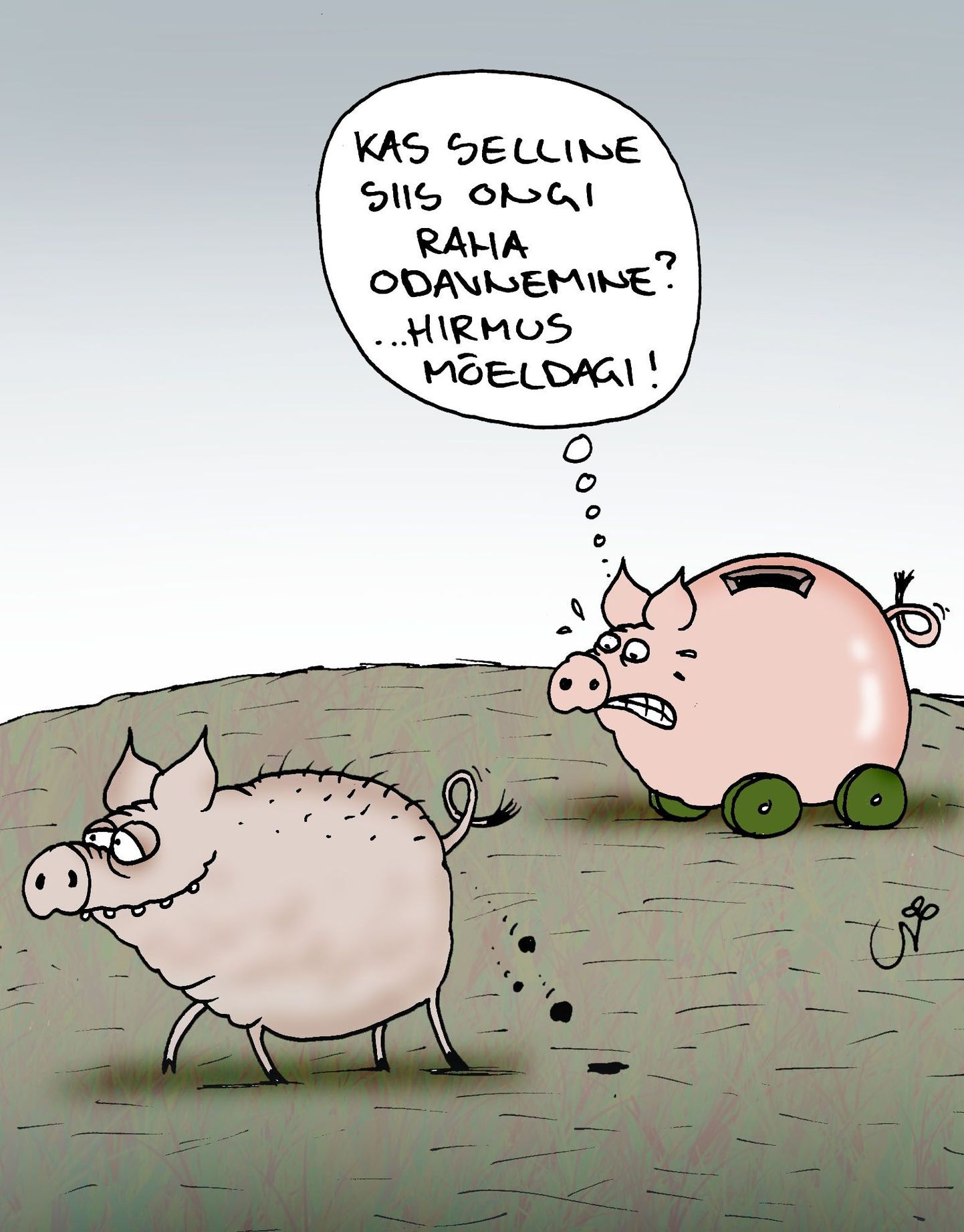In largest banks in Estonia, interest rates of fixed term deposits have dropped to zero or just barely above. To exemplify: put €60,000 into Estonia’s largest bank for 11 months. At the end of the term, your interests amount to €5.5. So you can go see a movie – alone.
But, on the other hand, the nonexistent interest rate is good for the borrowers. Six month Euribor, the base interest for commercial banks, is at its historic lows of 0.061 percent – not too far from zero or below. Part of loans assumed by bigger companies are tied to one month Euribor, and at one of the banks home loans are tied to one or three month Euribor, which is in minus already.
Loan interest is made up of two components – base interest, to which is added the client’s risk marginal. With a negative Euribor, to get the total interest this needs to be subtracted from the marginal.
True, from the beginning of last year already, the banks begun to write in the loan contracts that a negative Euribor will be reckoned as zero. Older loans may not have such clause attached, as no-one could imagine a negative Euribor.
Estonian state is not participating on international bond market, but states with high ratings have also begun to get loans at negative interest. This means that investors are willing to pay extra to lend money to governments. And it is not only nations with such strong finances as Germany who are enjoying the negative-interest loans, but also places line Spain which was forced to ask for international help just a couple of years back due to a banking sector about to collapse.

